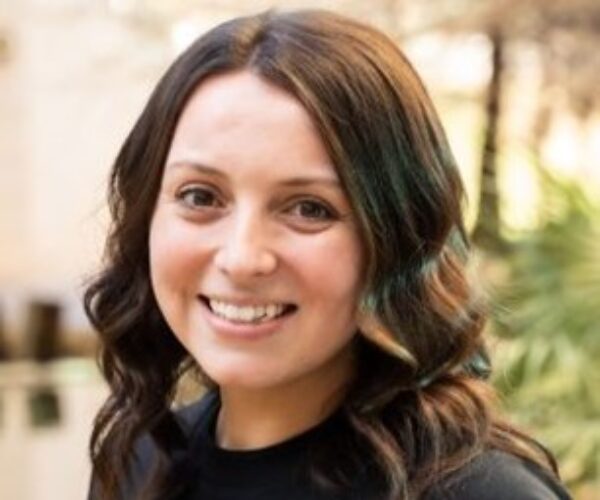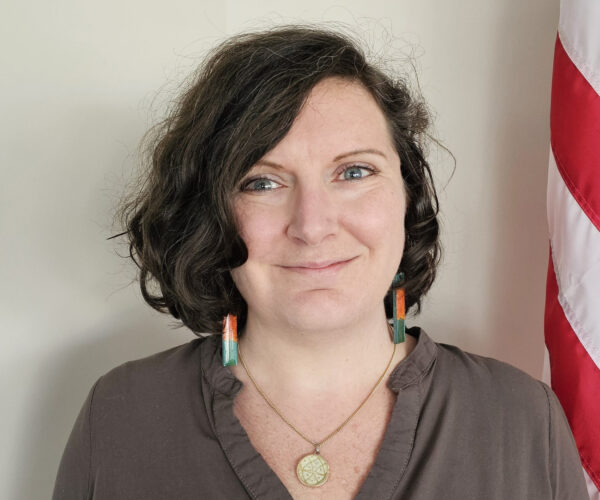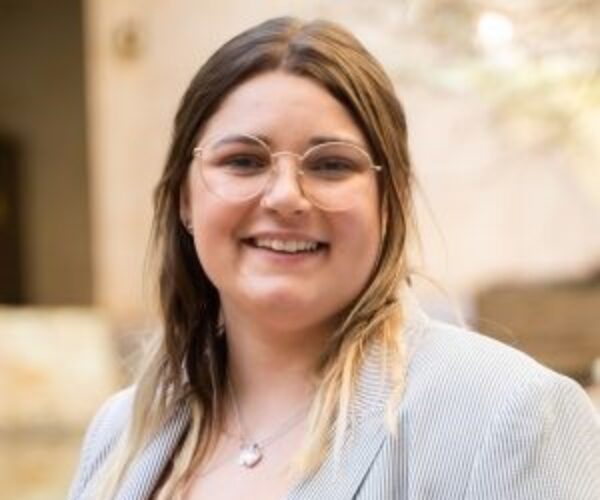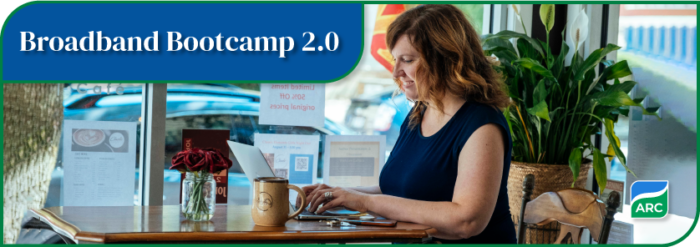Session four of ARC’s Broadband Bootcamp 2.0 focuses on yet another set of key components related to broadband access and digital equity – user knowledge, skill, opportunity, and ability. Join us as Kristi Zappie-Ferradino of the National Digital Inclusion Alliance (NDIA) moderates a session on how communities can build effective digital equity programs using what is referred to as the “Digital Navigator Model”.
Digital navigators serve as models for digital inclusion that address the whole digital inclusion process – home connectivity, appropriate devices, and digital skills – typically through repeated, individualized interactions. Panelists Abby Russell of Hocking Athens Perry Community Action (HAPCAP), Ashley Smith of Shaping our Appalachian Region (SOAR), and Sarah Radcliffe of Computer Reach, will share best practices and lessons learned from contributing to their growing digital inclusion ecosystems and from adapting the digital navigator model to fit their community and organization.
Meet the presenters:


Abby Russell
Abby Russell (she/her) grew up in Southeastern Ohio and attended the University of Cincinnati. She is passionate about working in the community she grew up in and bringing digital inclusivity and digital skills to the area. Outside of work, she enjoys spending time with her children, traveling and a good iced coffee.


Ashley Smith
Ashley holds a BA in Interdisciplinary Early Childhood Education from Morehead State University and an Interactive Digital Media Design from Eastern Gateway College. Recently, Ashley worked as an educator, case manager, and developmental interventionist. She utilizes this experience to work closely with communities across Appalachia Kentucky offering vital digital skills, internet access, and digital knowledge. Through her efforts, more individuals struggling with economic mobility will know how to leverage the internet in a way that leads to improved economic and educational outcomes. In turn, more distressed communities will have the chance to grow and prosper.


Elizabeth Sanner
Elizabeth is a multidisciplinary data, geospatial, and broadband analyst, whose extensive academic background spans geography, environmental policy and justice, and political science. She holds a Master’s Degree in GIS/Geography from the University of Kansas. Throughout her career, Elizabeth has applied her diverse expertise within the broadband sector, starting as a network designer for a Fiber-to-the-Home (FTTH) consulting firm. She has played a pivotal role in advocating for and supporting rural electric cooperatives across the United States in their development of FTTH networks.
Elizabeth’s professional career has also included serving as a Grant and Funding Data Manager, where she addressed issues of digital inequality and technological disparities, particularly in traditionally marginalized communities. Currently, as the Broadband Program Manager at the Appalachian Regional Commission (ARC), she continues this work, advising on, guiding, and solving strategic challenges to enhance broadband connectivity throughout the Appalachian region. Her role emphasizes leveraging her geospatial and analytical skills to direct improvements in broadband infrastructure and advocate for equitable access.
Elizabeth is an accomplished analyst with a multidisciplinary background in data, geospatial analysis, and broadband technologies. Her educational foundation includes a Master’s Degree in GIS/Geography from the University of Kansas, supplemented by studies in geography, environmental policy and justice, and political science. Elizabeth’s career has been marked by significant contributions to the broadband sector, beginning with her role as a network designer for a Fiber-to-the-Home (FTTH) consultancy.
She has been instrumental in supporting and advocating for rural electric cooperatives across the United States, assisting them in deploying their own FTTH networks. Her commitment to addressing digital inequality has led her to focus on technological disparities affecting traditionally marginalized communities. In her position as a Grant and Funding Data Manager, Elizabeth further honed her expertise in managing data-driven projects aimed at enhancing digital access.
Currently, as the Broadband Program Manager at the Appalachian Regional Commission (ARC), Elizabeth strategically guides efforts to improve broadband connectivity across the Appalachian region. Her role involves advising on policy, guiding development initiatives, and providing expert problem-solving to enhance infrastructure and promote equitable broadband access. Her work is crucial in shaping the future of broadband in one of the most diverse and challenging landscapes in the United States.


Kristi Zappie-Ferradino
A passionate mission-driven leader, Kristi has focused her career in the nonprofit sector building and leveraging resources to advance positive social change in the areas of literacy, youth mentoring, civic engagement, and most recently, digital inclusion. She has extensive expertise leading the development of programs and resources designed to improve program efficiency and strengthen local impact. Most recently, she has consulted with nonprofits around strategic planning, technology project management, and digital inclusion. She served as program director at the Urban Libraries Council and led the launch of a system to help libraries and local governments work together to achieve community goals and narrow the digital divide.


Sarah Radcliffe
Sarah, a graduate with degrees in History and Political Science from Washington & Jefferson College, is devoted to bridging the digital divide in Washington County. Currently residing in Washington, PA, she addresses the unique challenges faced by this rural coal county, providing in-person digital skills training and free devices to unserved and underserved communities. Drawing from her experiences in City Council, the Clerk of Courts, and Target, Sarah excels in interpersonal skills, effectively assisting individuals. Passionate about digital equity and inclusion, she personally visits homes, empowering users to develop their skills independently. Sarah’s work transforms lives and contributes to the community’s economic growth.
